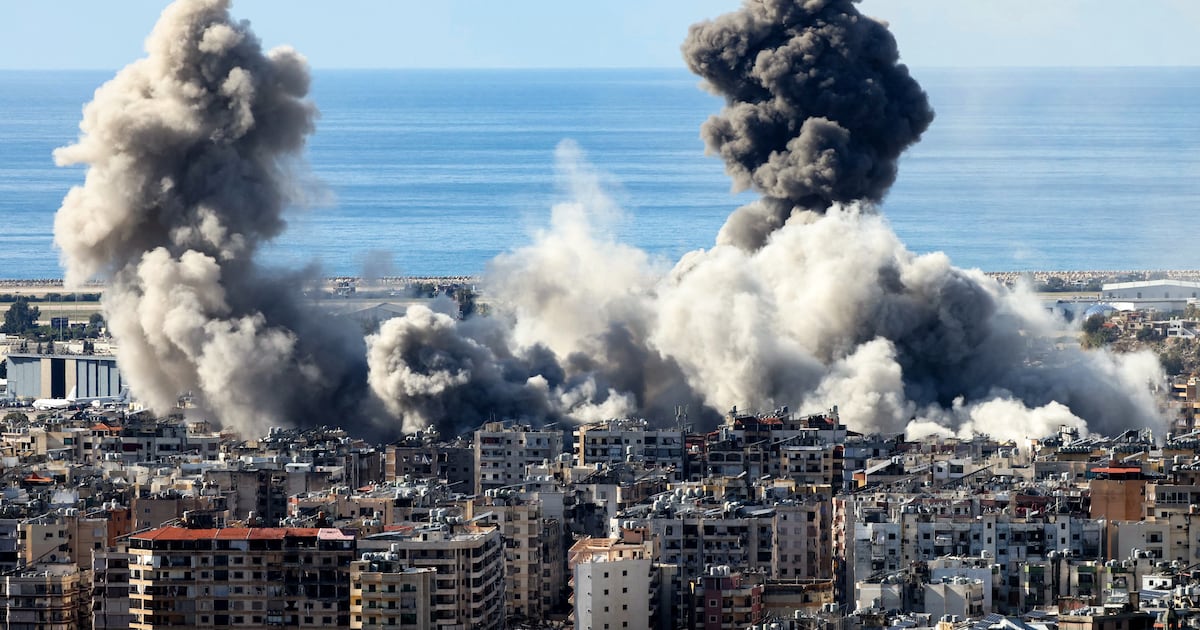Hezbollah will continue to pay the rent of Lebanese people whose homes were destroyed by Israel in last year’s war, officials from the group have said.
When a tenuous ceasefire came into effect last November between Israel and Hezbollah, the militant group said it would provide up to $6,000 for a year of rent for those who lost their primary residence.
With the anniversary of that date fast approaching, some residents had recently voiced concerns over whether the assistance would continue.
But Youssef Zein, Hezbollah’s spokesman, told The National that the payments to help displaced people pay rent elsewhere would continue, at up to $500 a month − $6,000 a year.
“There is no conceivable option where this doesn’t continue,” said another Hezbollah official.
“If you know the damage of the war and the crisis in Lebanon, you would know Hezbollah can’t leave the people like that,” they added.
Two residents of villages in southern Lebanon whose homes were destroyed by Israel and relied on the rent assistance said that last month officials had been in contact to assure them that the payments would continue.
“The people were scared that in December maybe they will not get paid,” one resident said, adding that they were told not to worry and that the rent assistance would continue.
Following the ceasefire, which Israel continues to violate on a daily basis, Hezbollah chief Naim Qassem confirmed that the group would provide a lump sum of $8,000 to those whose primary homes were destroyed in the war to cover the loss of possessions.
Some $6,000 would also be given for a year of rent for those living in Beirut or its suburbs and $4,000 for those outside the capital until they can move back home, he said at the time.
A World Bank assessment in November 2024 estimated that conflict-related damages to housing in Lebanon amounted to approximately, $3.3 billion, affecting nearly 100,000 housing units.
This is largely in south Lebanon, the southern suburbs of Beirut and the Baalbek region, areas where Hezbollah’s largest support base comes from.
According to a March 2025 report, the World Bank estimated that Lebanon needs $11 billion for recovery and reconstruction following the war.
With the government cash-strapped and international donors refusing to commit to large-scale transfers until there is economic reform and progress on Hezbollah being disarmed, very little of the money needed is flowing in. Around 80,000 people remain displaced.
Hezbollah has repeatedly said that the government must lead on reconstruction efforts, not the group.
Lebanese authorities have sought to restrict financing of the group and stepped up the monitoring of money coming in from Hezbollah’s main backer, Iran.
The fall of the Assad regime in Syria, once a key ally of Hezbollah, also stripped the group of its main land supply route.
But Hezbollah appears to remain financially resilient, despite the pressure internationally and from some inside Lebanon.
US envoy Tom Barrack recently claimed that Hezbollah has been receiving “$60 million a month” since the November ceasefire.
